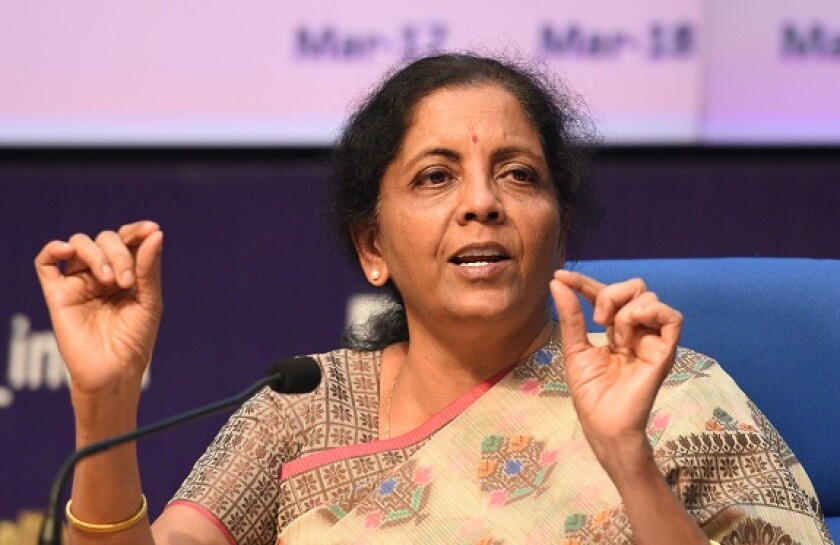No country in Asia has been hit harder by the coronavirus than India. The country had more than 6.68 million infections by early October, putting it behind only the US in terms of the world’s worst-hit nations. The rapid spread of the virus has also led to an alarming economic impact, partly a result of a strict nationwide lockdown that started in March and has existed in different forms since then.
India’s GDP contracted by 23.9% between April and June, which is the first quarter of its financial year. Economists at Deutsche Bank think the economy will shrink by about 7.8% this year, although they do predict a 7.9% recovery in 2021.
The government’s response has been questioned by economists. India’s 10% fiscal package looks strong at first glance, but less than 2% is direct stimulus, according to Standard Chartered. The central government has also disappointed in other areas, particularly by failing to provide enough funding to India’s states, increasing state deficits and highlighting a tension between federal and local needs. That has led to talk of debt monetisation at the state level, a slippery slope that could undermine confidence in India’s fiscal reputation.
But the naysayers are too quick to judge India’s response to an almost impossible situation. There is plenty to praise.
The government’s Rp20tr ($272.8bn) fiscal spending package in March included healthcare funding, an agriculture spending push and a wide commitment to infrastructure investment. It came alongside an extension to the tax deadline, giving hamstrung corporations breathing room to assess the damage of the pandemic.
India has also made sure to address the most urgent problem facing its citizens, launching a food security drive that has provided wheat and rice to about two-thirds of the population.
There are still questions to be raised about India’s approach. But the painful impact of the coronavirus has forced heart-wrenching choices on a government that had little wiggle room for fiscal largesse.
Finance minister Nirmala Sitharaman, hampered by the government’s tight finances, has attempted to balance short-term needs and long-term hopes. She has had a difficult job — but she is doing it admirably.
